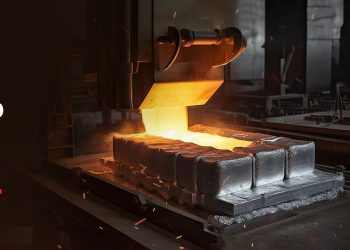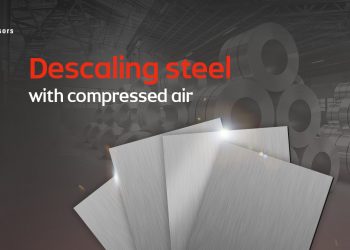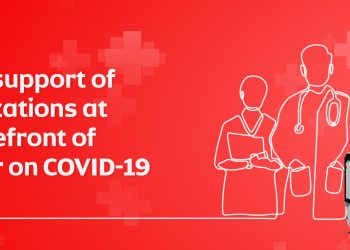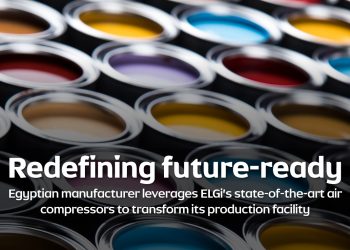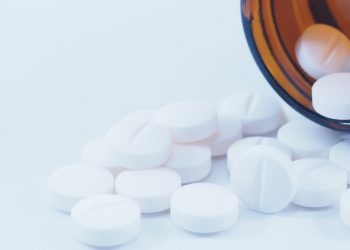A Dose of Healing Air
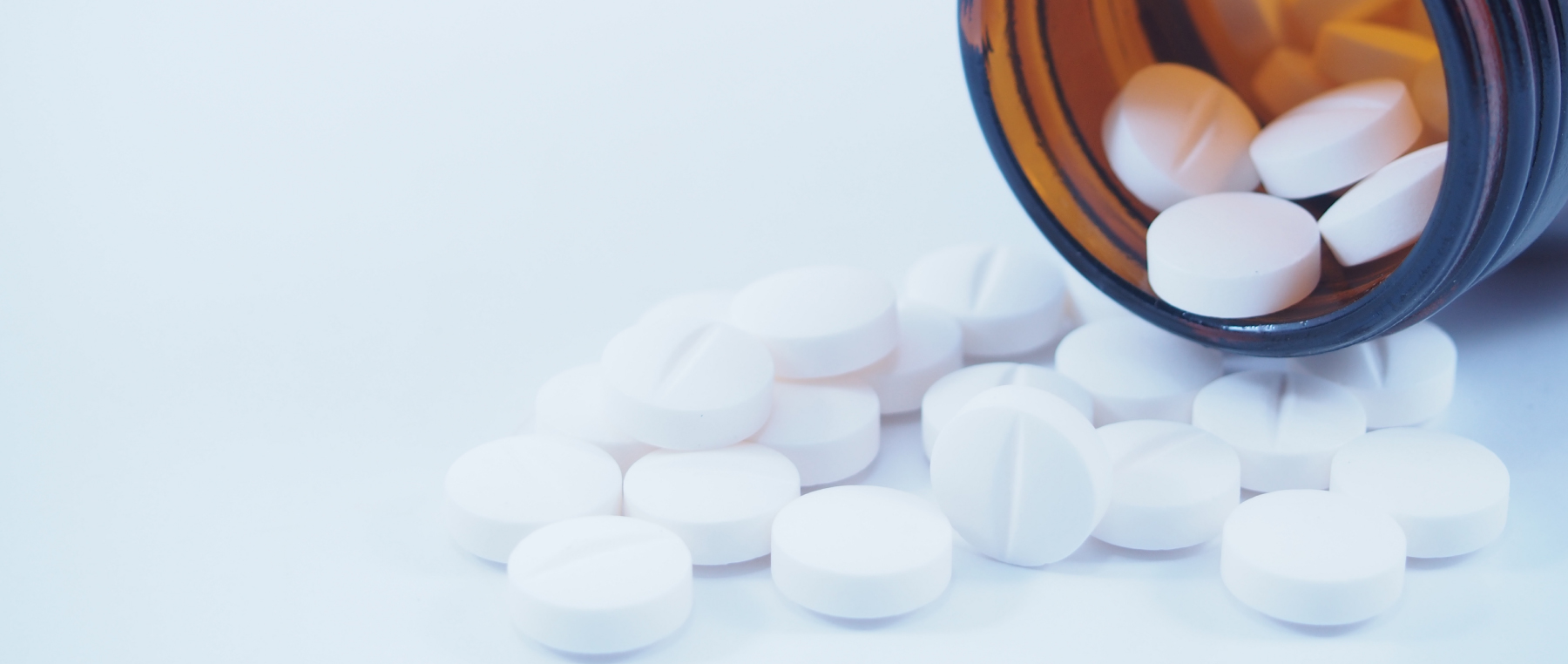
Over the years, India has become the third-largest producer of drugs and the largest producer of generic drugs. The country also has the distinction of having the highest number of manufacturing plants approved by the US-based Food and Drug Administration (FDA) outside the US. Such progress has been possible because of the investments pharmaceutical companies have made in research, talent development, quality standards, and state-of-the-art technologies.
Compressed air is required for the tablet manufacturing process, coming into direct contact with the product. This direct product contact occurs after the tablet press where compressed air is utilised to remove dust particles or faulty products are sorted out. Preferably, oil-free, dry air is crucial to maintain the highest standards of quality and compliance.
Modern Technology in Tablet Making
Today’s laboratories and manufacturing plants of pharmaceutical companies follow strict quality guidelines to ensure every one of the millions of tablets they produce possess the same properties. The sterile environments encourage the higher use of automation and less human intervention, thus making the reliability of the equipment a top priority.
After reliability comes quality. Compressed air is used in production where air is directly sprayed into the contents of a tablet for various applications.
In fact, one of India's biggest pharmaceutical company has been using ELGi’s air compressor since the last 25+ years. This equipment is working well for a variety of applications at its plants in Goa, Ankleshwar in Gujarat, and Hyderabad. In a year, the plant produces four billion tablets and capsules of over 100 different varieties.
According to the Associate Director – Technical of the pharmaceutical company, “For a pharma manufacturing facility, compressed air is the second most important component after electricity. Most of our processes are fully automated and any break in the supply of compressed air will bring the plant to a standstill.”
ELGi’s air compressor is now being used in the following processes:
- Dispensing: Chemicals in powder form that go into making a tablet are transferred from storage containers to the production area with the help of vacuums. Air compressors are used to operate the vacuums as the substance is taken to the processing unit.
- Granulation: For the even distribution of chemicals in a tablet, the powder is slowly granulated through a purging process. The compressor is used as a purging device to break the seal that holds the chemicals and spread it evenly.
- Drying/hardening: Air is sprayed on the granules to dry the content. A binding solution is also sprayed on the granules.
- Shaping: The granules are then pressed in a compression machine to give the substance the desired shape and size.
- Coating: Compressed air is used on the tablets to give it a lustrous coat and colour.
- Packaging: The tablets are then punched into a strip (blister packaging) with the help of compressed air.
"Besides quality and reliability, we now look at air compressors not from a singular, one-time capital investment but its total cost of ownership. For that, energy consumption, the availability of spares, and long-time assurance become critical. This is one of the main reasons behind our decision to go with ELGi," the Associate Director added.
The energy-efficient air compressors from ELGi help ensure the pharmaceutical company meets its business targets and maintains a strict focus on product quality.

